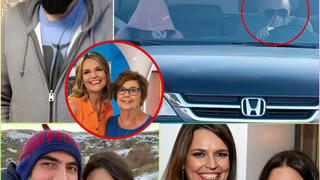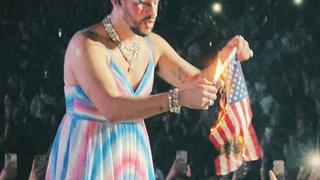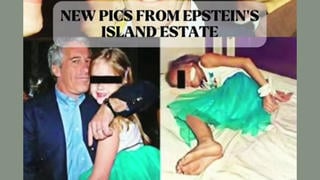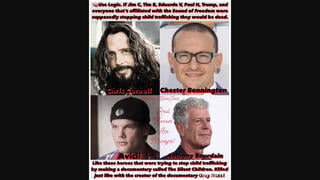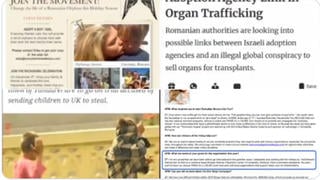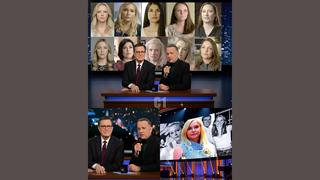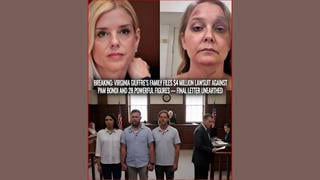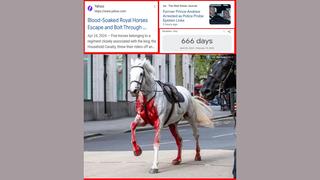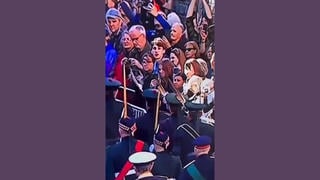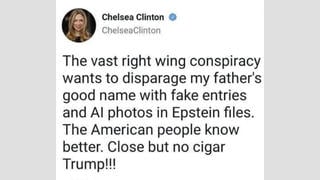
Does a new study say chocolate and red wine could help fight wrinkles and keep the skin young? No, that's not true: Recent research being shared online does not point to a link between consuming the popular food and drink and reducing the aging process. Lead Stories contacted the researcher of the study in Europe, and she called the article's conclusions "excessive."
The story originated from an article published by Vix.com on December 14, 2019, titled "Chocolate And Red Wine Help Fight Wrinkles And Keep The Skin Young, Science Says" (archived here) which opened:
Those who like to enjoy a nice glass of wine and a piece of chocolate have great reasons to celebrate this combination of flavors. A recent study conducted by the University of Exeter, England, found out that the treat and the drink help fight wrinkles and keep the skin young.According to the research, both wine and chocolate contribute towards the rejuvenation of old cells, making them behave like much younger cells.
The secret is in the flavonoids. These compounds, present in both foods, are known for their antioxidant and anti-inflammatory properties.
Users on social media only saw this title, description and thumbnail:
Chocolate And Red Wine Help Fight Wrinkles And Keep The Skin Young, Science Says
Those who like to enjoy a nice glass of wine and a piece of chocolate have great reasons to celebrate this combination of flavors. A recent study conducted by the University of Exeter, England, found out that the treat and the drink help fight wrinkles and keep the skin young. Wine and chocolate fight aging
The article cited a study conducted by researchers at the University of Exeter. It linked to a press release that noted researchers applied compounds called "resveratrol analogues," which are compounds found in wine and chocolate, to cell cultures. (The press release misspelled resveratrol.) The statement added:
Within hours, the cells looked younger and started to rejuvenate, behaving like young cells and dividing.
The press release, in turn, linked to the research study - which was published on October 17, 2017, in the journal, BMC Cell Biology. However, the words chocolate and red wine do not appear in that research article.
Lead Stories reached out to Eva Latorre, a PhD and who carried out the experiments, to comment on the article. She said:
The media sold the paper as the red wine and chocolate could rejuvenate you. However, as you may know, working with cell cultures is quite far from people, and our results cannot predict the effects to the whole body. Moreover, we did not work with wine or chocolate as you cannot test food directly in the cells.
The story is being shared widely online, but this research does not support the claims that chocolate and red wine help fight wrinkles or make the skin young. Previous studies on resveratrol have found that the substance appears to extend the lives of worms, fish, and lab mice. However, according to NPR, studies showed that massive doses of resveratrol can cause kidney or digestive issues.
More research would be needed to determine whether drinking a glass of wine and eating chocolate will be the magic solution to finding the fountain of youth.


